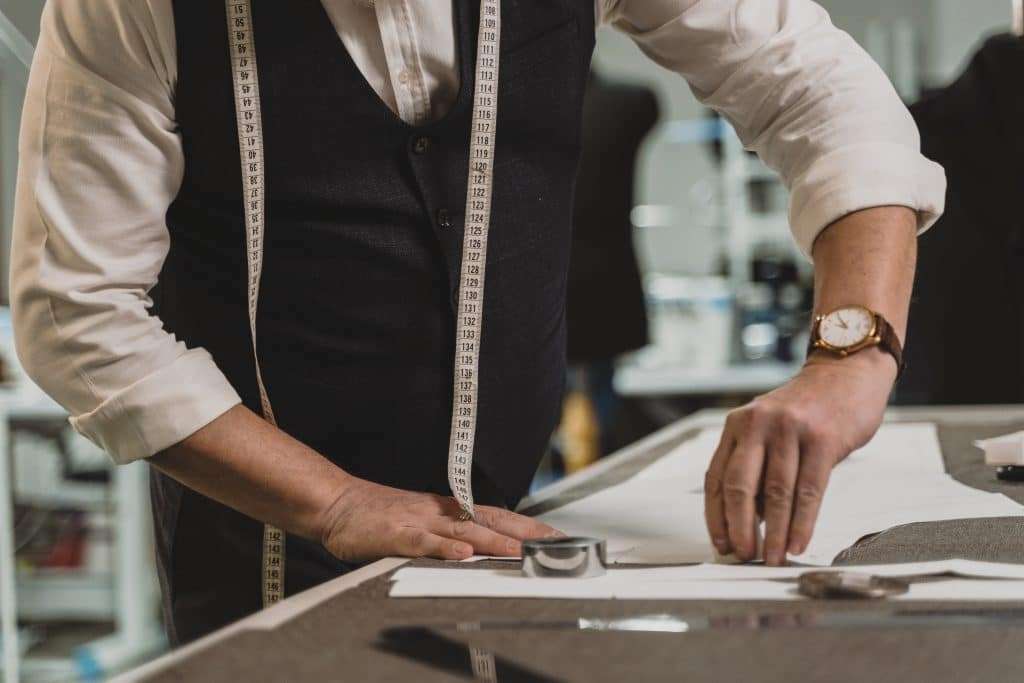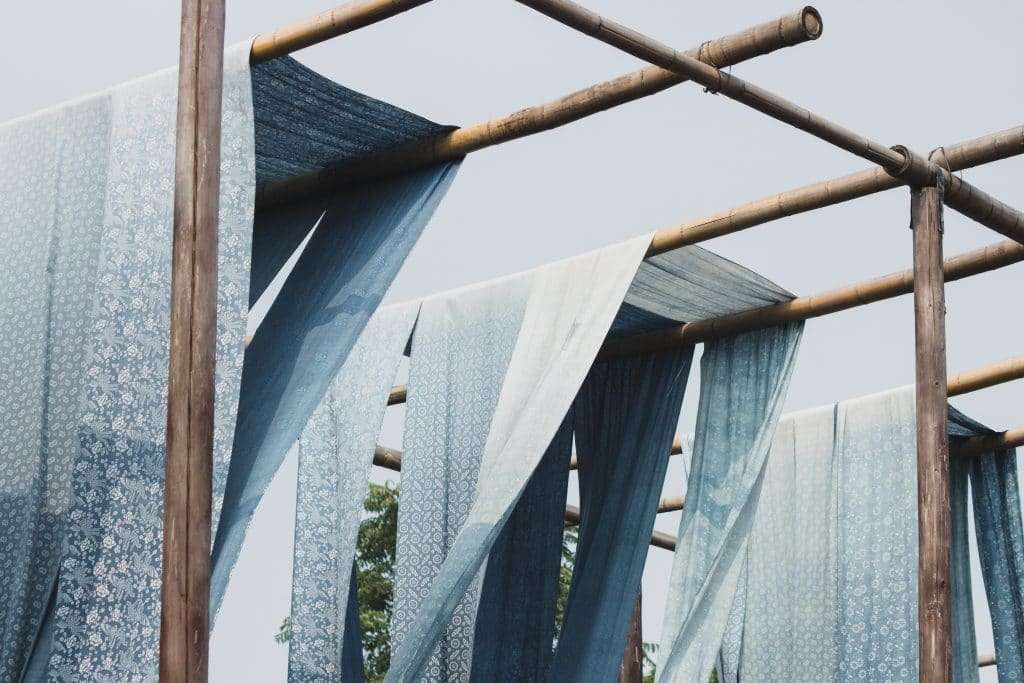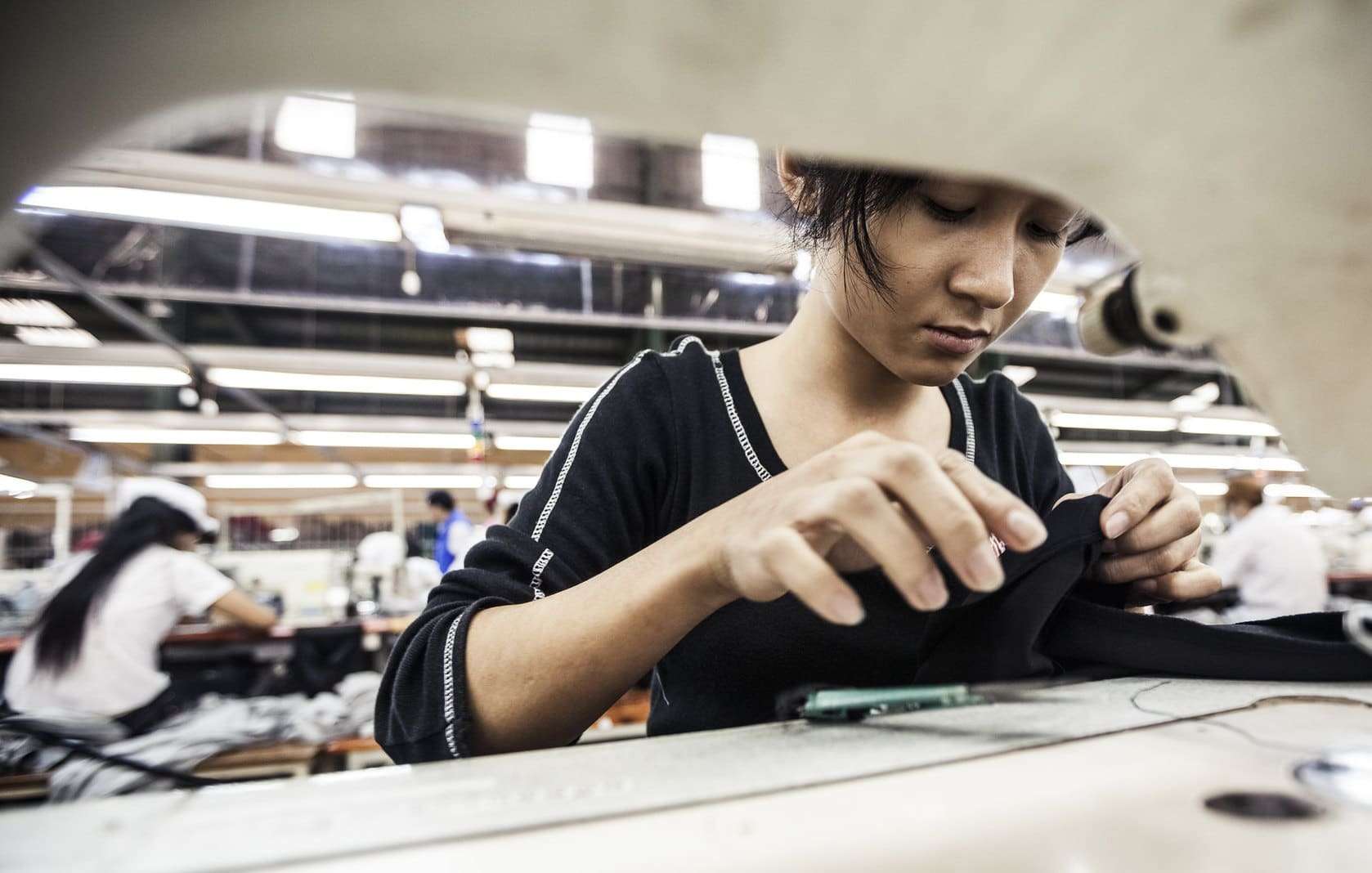On the heels of her home state’s proposed Fashion Act, Senator Kirsten Gillibrand (D-NY), has introduced legislation that would bring accountability to the fashion industry across the U.S.
Senator Kirsten Gillibrand is expected to introduce new legislation, dubbed FABRIC (the Fashioning Accountability and Building Real Institutional Change), to the Senate this week. The bill has received dozens of endorsements from activists to manufacturers and brands alike.
Through FABRIC, Senator Gillibrand is aiming to bring regulations to the fashion industry, which has long been exempt from any enforcements, unlike nearly every other industry. Chiefly, workers are underpaid, abused, and often underage. The FABRIC Act would extend 1938’s Fair Labor Standards and put more liability requirements onto brands that pay less than minimum wage—a loophole in payment systems that pay per item, not per hour.
The proposed legislation comes less than a year after California passed landmark legislation dubbed the Garment Worker Protection Act (SB62). It made California the first state to require hourly wages for garment workers by prohibiting the pay-per-garment system that can reduce wages to less than $3 per hour.
Fashioning Accountability and Building Real Institutional Change
The new FABRIC bill also seeks to add a 30 percent reshoring tax credit that would help manufacturers bring production to the U.S., along with a $40 million Domestic Garment Manufacturing Support Program administered by the Department of Labor, which would support facilities upgrades and improved working conditions. According to Senator Gillibrand, the U.S. garment industry is losing about $30 billion a year to imports.

“There are not many industries where women are at the core of the workforce, except for in the fashion industry,” Senator Gillibrand told Vogue. “To fix this, we need to put a prohibition on predatory payments through the piece rates, but we also need to give these companies the incentives to bring the manufacturing back to the U.S. or make it possible for them to start up here in the first place.”
She says the bill is also about empowering women, who make up the majority of fashion industry workers around the world. Estimates put the total workforce at 40 million globally, but fewer than 95,000 women in the U.S. are employed by the industry.
The bill was drafted with help from Ayesha Barenblat, founder and CEO of the fashion advocacy group Remake. She says the supply chain changes since the pandemic have increased challenges for the industry, especially the lack of production in the U.S., which could have reduced wait time on important PPE supplies during the peak of the pandemic if more manufacturers were making mask on American soil.
While once a garment manufacturing hub, the U.S. now falls behind the technological advances of the industry, many of which are happening in developing countries including Cambodia and Sri Lanka, where the labor is cheaper.

For Senator Gillibrand, the issue is not partisan, and she’s confident the bill will receive support from both sides of the aisle.
“Several of my Republican colleagues are working on bills around imports from China, and the FABRIC Act would support those efforts,” she said.
Fashion accountability in New York
The announcement comes after New York State Senator Alessandra Biaggi and Assemblywoman Anna R. Kelles introduced legislation earlier this year that would increase accountability for large fashion brands selling in the state. The bill has received support from celebrities including actors Jane Fonda and Leonardo DiCaprio—both are outspoken environmental activists.

That legislation is focused in large part on environmental accountability—supplier tracing and emissions. The fashion industry is a leading producer of emissions and the second-largest producer of wastewater. Common industry practices such as dyeing and tanning are among the riskiest to human health, with exposure to chemicals that often exceed safe legal limits.
New York and Los Angeles, historically two of the biggest garment districts in America, have been working to revamp their fashion sectors. On Friday, Senator Gillibrand will hold a press conference to introduce the bill at the Ferrera factory in New York City’s garment district.
For Senator Gillibrand and others involved in the bill, it’s part of charting a new circular industry and supporting a more sustainable economy.
“It’s important that we invest strongly in workforce development,” she said. “We need to get the next generation of fashion industry leaders trained to do this work effectively.”


